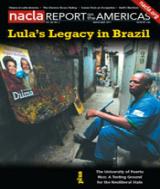MST pays tribute to Pedro Casaldáliga on the 93rd anniversary of his birth
Landless workers of the MST celebrate his birth by continuing their legacy of humility and rebellion
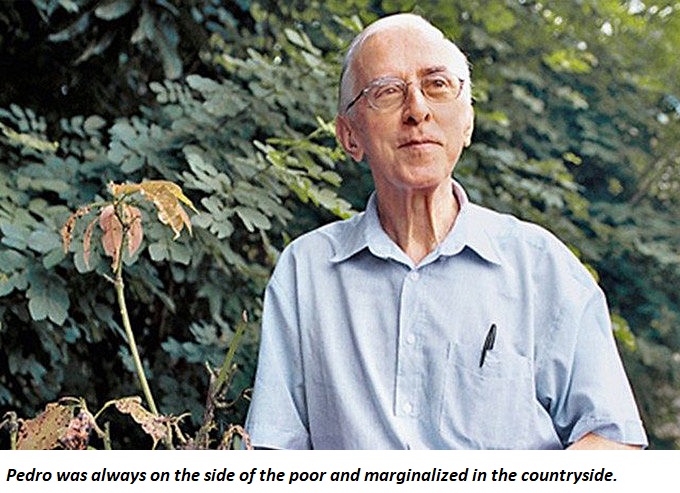
This Tuesday (February 16th), the “bishop of the people” of the Prelature of São Félix do Araguaia in Mato Grosso, Dom Pedro Casaldáliga, would have turned 93 years old. The landless workers of the MST celebrate his birth by continuing his legacy of humility and rebellion.

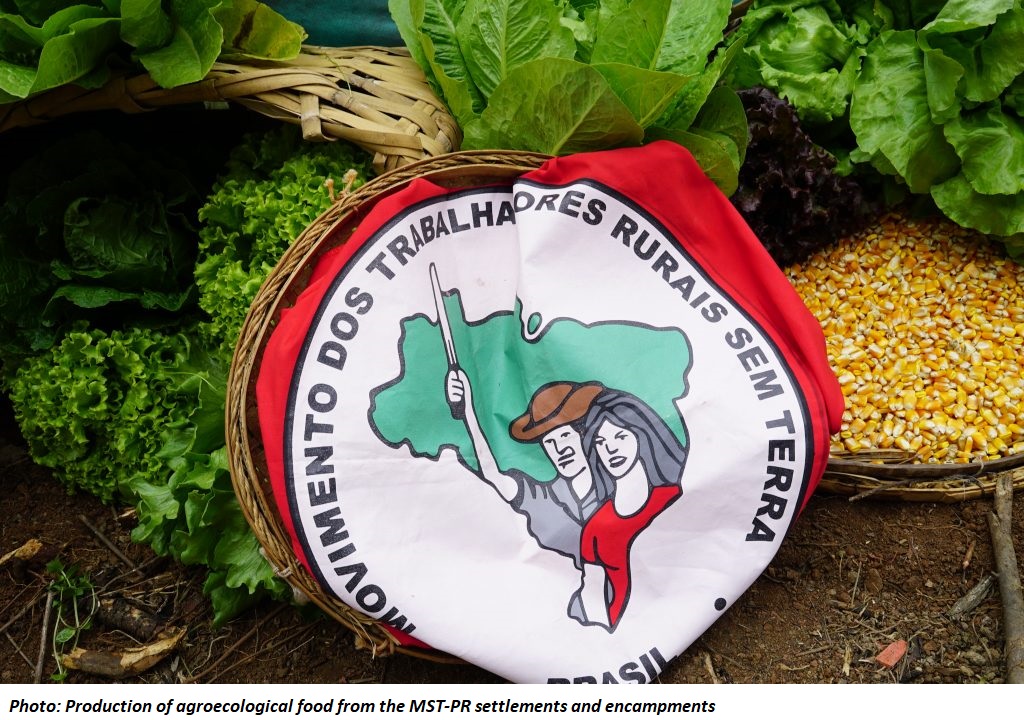
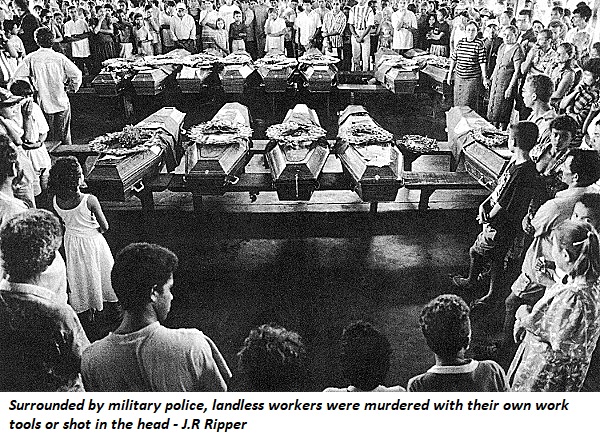
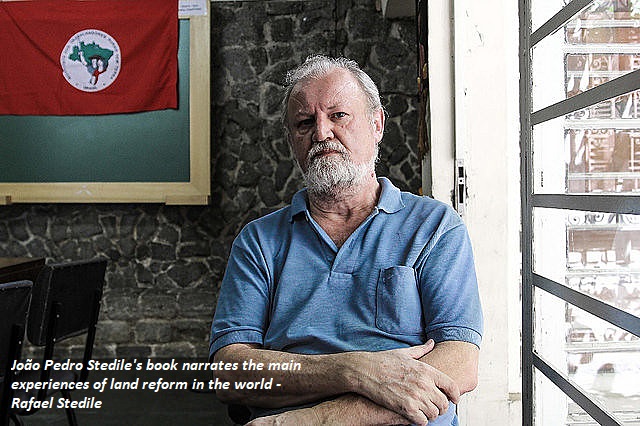
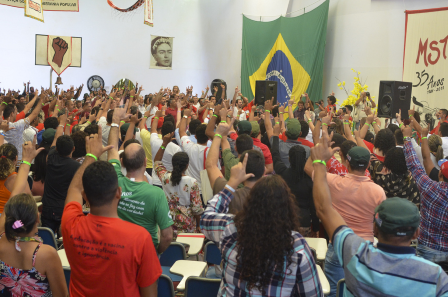 Bringing together some 400 Movement members, the political event in honor of the MST's 35 years of existence was attended by parliamentarians, representatives of popular movements, university professors and friends of the organization.
Bringing together some 400 Movement members, the political event in honor of the MST's 35 years of existence was attended by parliamentarians, representatives of popular movements, university professors and friends of the organization.
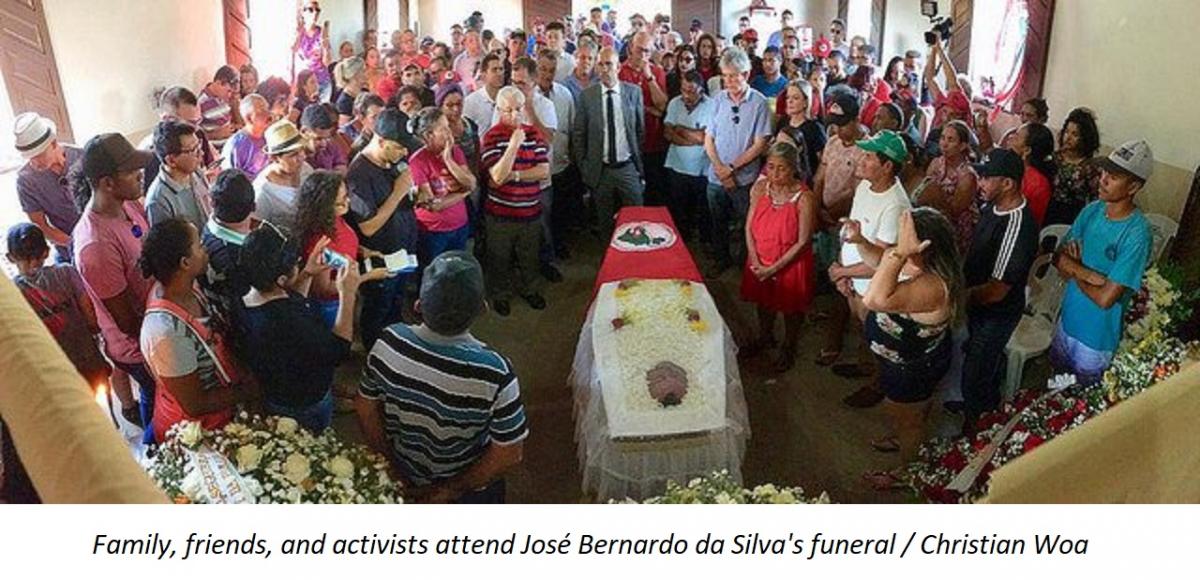
 together more than 200 delegates from 22 Latin American countries representing diverse social movements.
together more than 200 delegates from 22 Latin American countries representing diverse social movements.